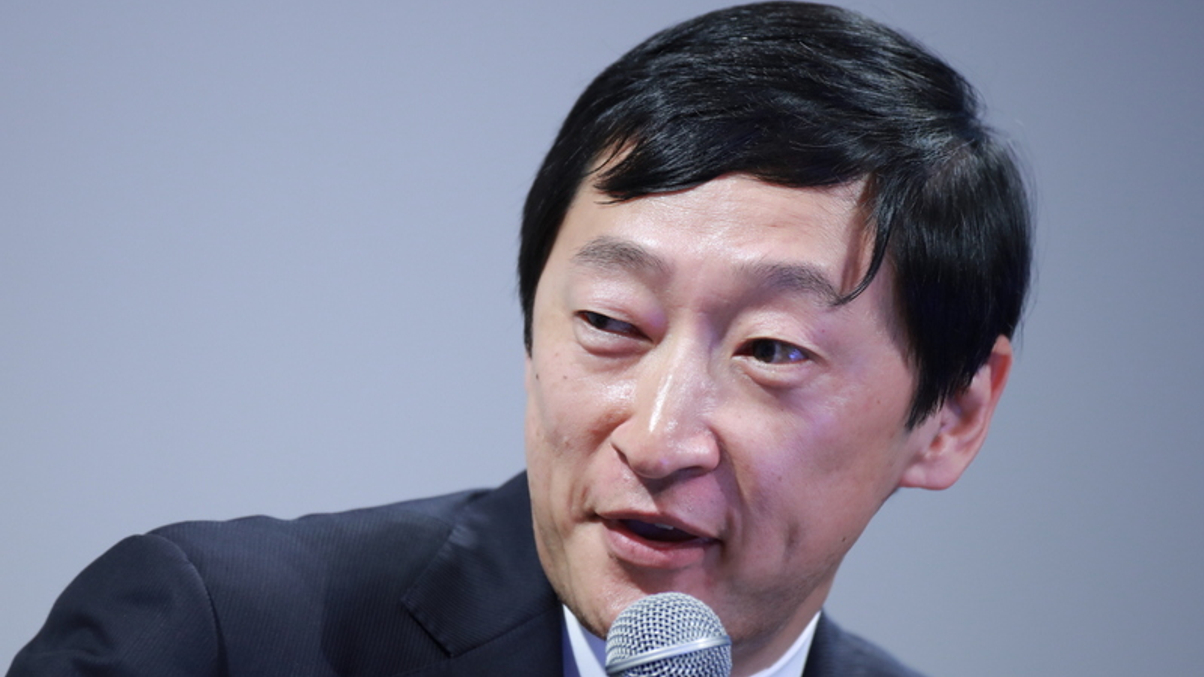ESG focus ‘could be short-lived’ in Japan
With managers saying asset owners are not allocating sufficient resources to screen for environmental, social and governance issues, the practice may die off, an AsianInvestor forum hears.

Japanese investors’ growing focus on environmental, social and governance (ESG) factors could be short-lived if institutions don’t incentivise fund houses to focus on it, an AsianInvestor forum heard.
Sign in to read on!
Registered users get 2 free articles in 30 days.
Subscribers have full unlimited access to AsianInvestor
Not signed up? New users get 2 free articles per month, plus a 7-day unlimited free trial.
¬ Haymarket Media Limited. All rights reserved.


